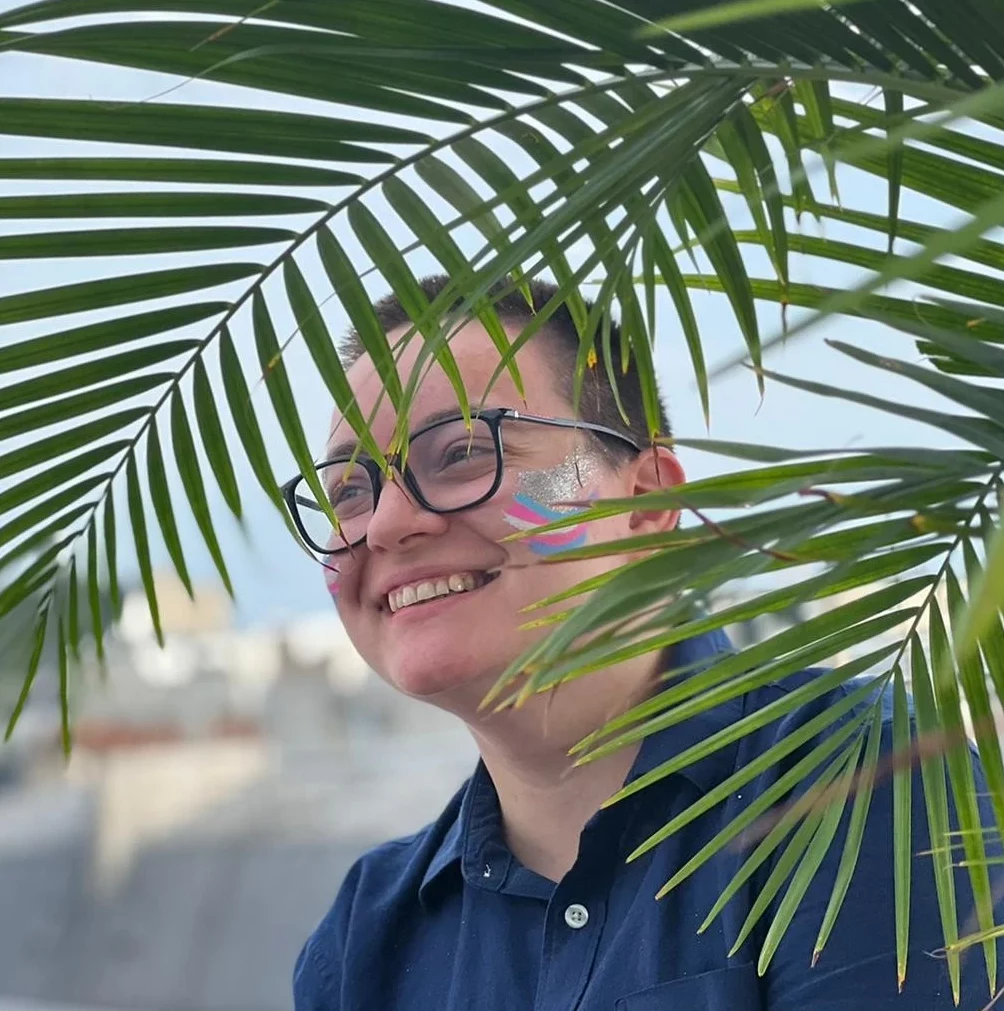We need community to live. But what does it look like? Why does it often feel like it’s slipping away?
In this very long essay (or very short nonfiction book, depending on what framing you prefer), Casey Plett says she’s going to try to define community, then immediately makes it clear that it can’t be defined.
Take the phrase “the [X] community.” When I read that phrase, I think: How does this person know this about the [X] community? What are the borders of the [X] community? How is the writer deciding who counts within them and who does not? Is the writer a member of the [X] community? Would others dispute their membership? Whatever claim is made about the community, how many sections within it must the claim apply to in order to justify the term? Perhaps most importantly, How can that writer possibly decide who gets to speak for the community? And who are those not speaking in their place?
And then, she tells us what it means to feel like you have a community, or none, or to be included or rejected of one community. She talks about « cancel culture », she talks about awkward trans picnics and of justice in the Mennonite community and of when you feel that you’re « from here » − a topic that I definitely relate to.
Communities welcome certain people and cast a suspicious eye on others. Communities lift up their valued members and ignore those they value a bit less. Sometimes those values are, shall we say, suspect. Communities can expel members when they choose, regardless of what that means for the member, and they stay communities no matter how heartless that expulsion might be.
tldr: communities are a vague concept with good and bad things in them.
…but I feel like it’s best to read the book, because that’s a pretty short tldr, huh?

Posted in reply to Alex (On Community)
Thanks for talking about this book. Reading it help me clarify some of the very mixed feelings I had about the IndieWeb and in that it has been really helpful – mostly in making my mind calmer. 🙂
It was an interesting book, if nothing else.